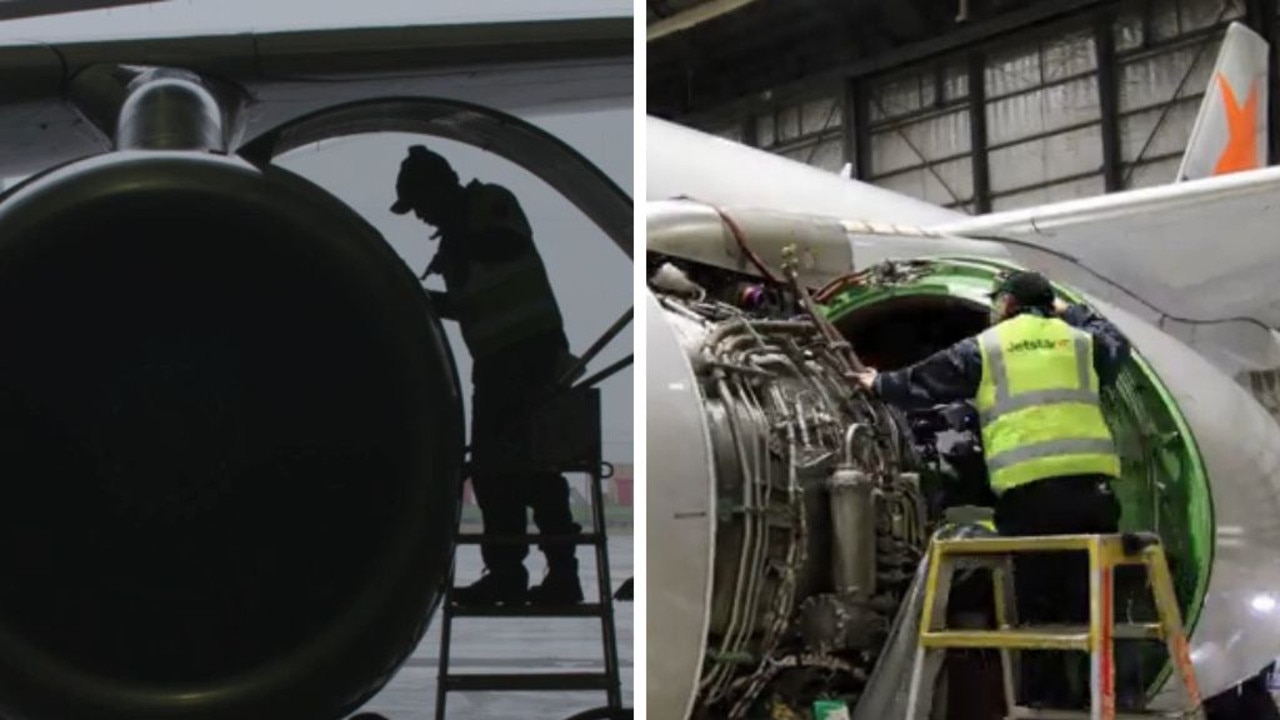Majority of Aussies would use a COVID vaccine passport: SkyScanner
Qantas and Air New Zealand are trialling digital medical records for post-pandemic overseas travel and it seems Aussies are very much on board with it.
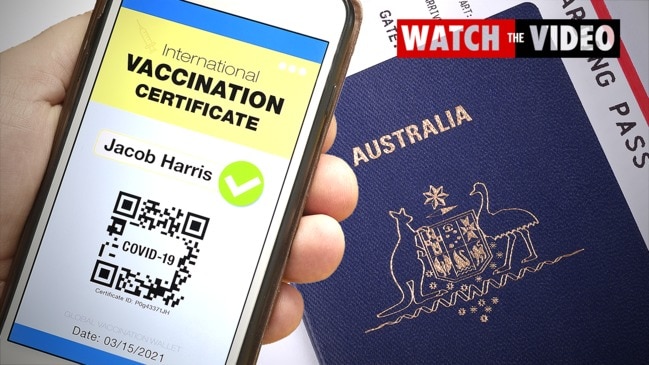
Australians appear to overwhelmingly support the introduction of health passports to travel more freely, new research reveals.
Qantas is among the international airlines that are trialling digital health apps that verify a traveller has tested negative for COVID-19 and has been vaccinated against the virus.
The Travel Pass and CommonPass apps, developed by the International Airport Transport Association (IATA), are being tested by repatriated Australians on Qantas flights from overseas.
Air New Zealand will also begin trials of the Travel Pass app on services between Auckland and Sydney in April.
RELATED: Qantas brings back mystery flights from the ’90s
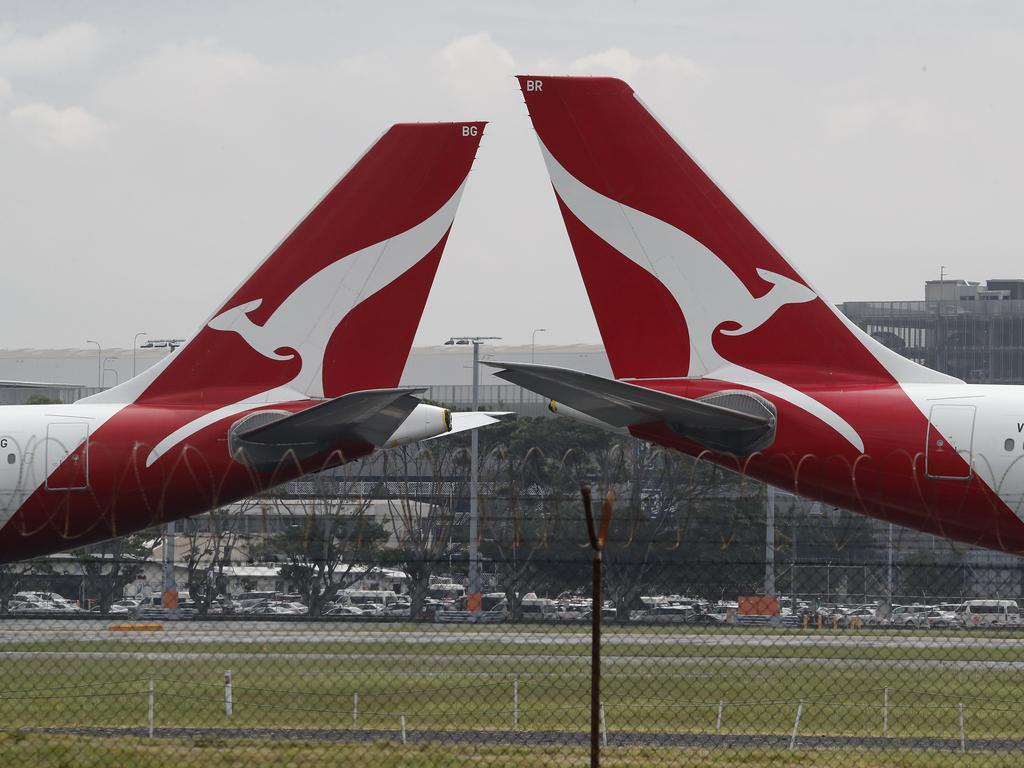
RELATED: Backdown over shocking state border idea
The apps are among several health passports under development that have been touted as our golden tickets for resuming international travel and, potentially, bypassing quarantine.
And it seems Australians are on board with the concept, according to a survey of travellers by Skyscanner.
Some 86 per cent of the 1000 people surveyed said they would be happy to carry a digital health pass in order to travel, the travel booking platform said.
About 29 per cent of respondents said they would be happy to carry a health pass to avoid quarantine restrictions, and 35 per cent said they would feel more confident booking a flight on an airline with a health passport scheme that required passengers to be tested for COVID.
Only 9 per cent of people surveyed said they wouldn’t want to carry digital health information to travel.
The research also shed light on Australian travellers’ attitudes to the COVID vaccine: about 49 per cent said the vaccine was the key to resuming travel and 35 per cent said they’d feel more confident travelling if their destination allowed entry only to vaccinated visitors.
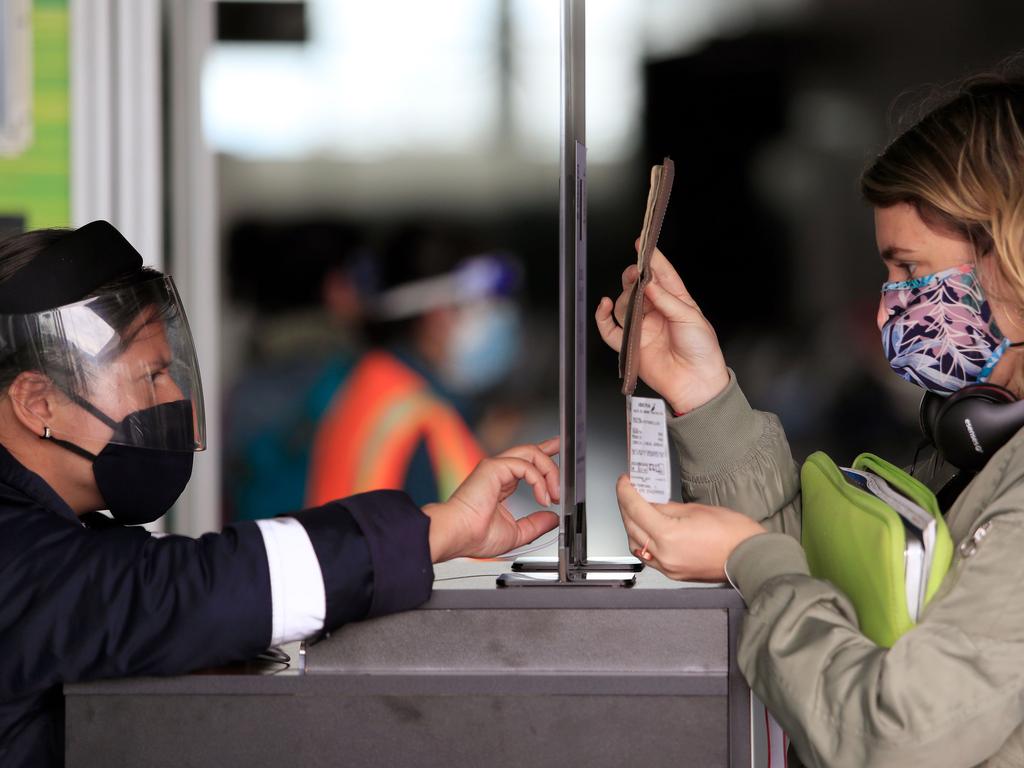
The findings of the research was released as the Federal Government extended Australia’s international travel ban, with the nation’s borders to remain closed until mid-June at least.
Skyscanner’s regional director, Paul Whiteway, said it appeared Australian travellers were willing to adapt to new technologies and protocols to get travelling again.
“While it’s too early to say whether digital health passes will become the global norm, some airlines and providers have already started to introduce apps which allow travellers to upload and store their COVID-19 test results,” he said.
“Since the beginning of the pandemic, travellers have shown they are willing to react and adapt to changing travel requirements. Contactless technology, which promotes safety first, is clearly something travellers would be ready to embrace, like the willingness to adopt electronic boarding passes.
“We know from our data and speaking to our travellers that there’s a lot of pent-up wanderlust following a year spent exploring their own backyard and Australians are dreaming of getting out to explore international destinations again.
“We would expect to see travellers approach new health and safety measures much the same way as they have in the past, embracing any new technology and reasonable protocols that make easy, safe, seamless travel possible.”
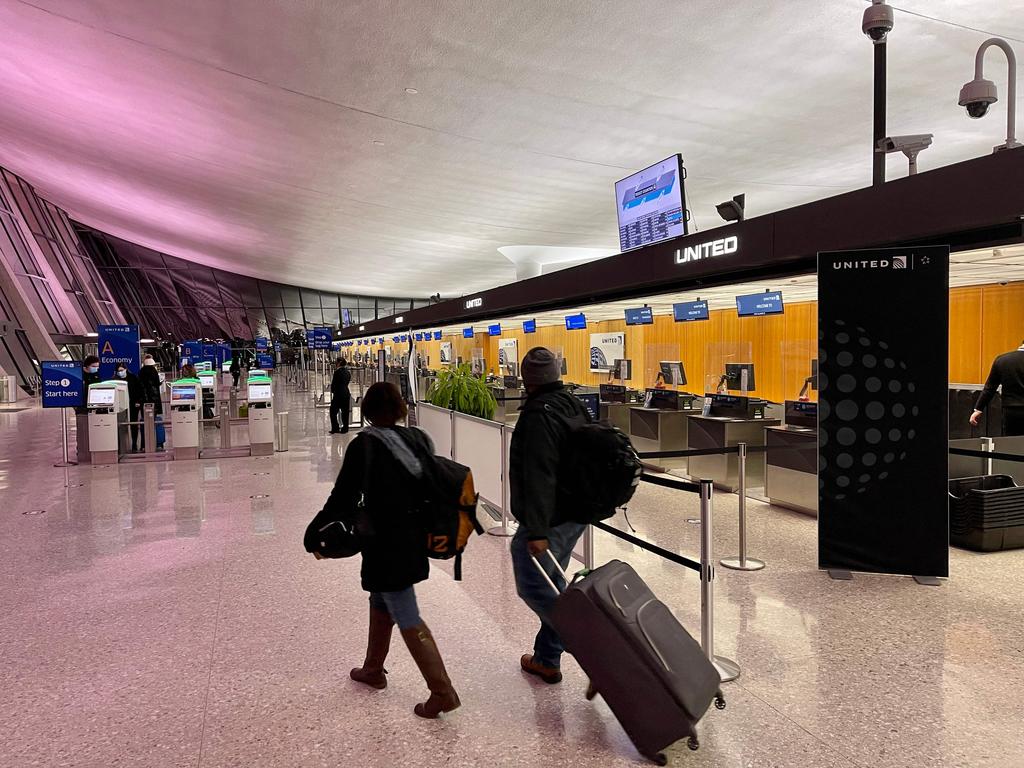
The Travel Pass app developed by the IATA, which will be trialled by Qantas and Air New Zealand, allows travellers to create a digital health wallet linked to their passport.
It enables health professionals to upload test results and vaccination certificates, which can be checked against travel requirements and give the user a “green tick” showing they’re good to go.
As well as Qantas and Air New Zealand, British Airways, Emirates, Singapore Airlines, Etihad Airways and Qatar Airways have flagged upcoming trials of the IATA health check system.
But international travel will remain off the cards for Australians for another three months at least.
Federal Health Minister Greg Hunt said on Wednesday the human biosecurity emergency period – under which the nation’s borders are closed – had been extended “by an additional three months,” from March 17 to June 17 due to the “unacceptable risk” of COVID outbreaks in other countries.
The overseas travel ban was set to expire in December but was extended for three months, before being extended again.
“The Australian Health Protection Principal Committee has advised the Australian Government the COVID-19 situation overseas continues to pose an unacceptable public health risk to Australia, including the emergence of more highly transmissible variants,” Mr Hunt said.
“The extension of the emergency period for a further three months is about mitigating that risk for everyone’s health and safety.”
The emergency powers can be revoked when Mr Hunt feels it is appropriate, but until then, Australians won’t be able to leave the country unless they’re granted an exemption.
International arrivals into Australia will continue to be capped and will have pre-departure testing and mandatory masks on flights.

